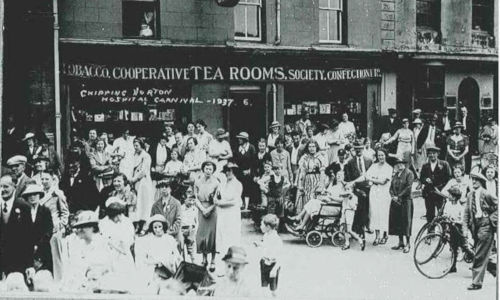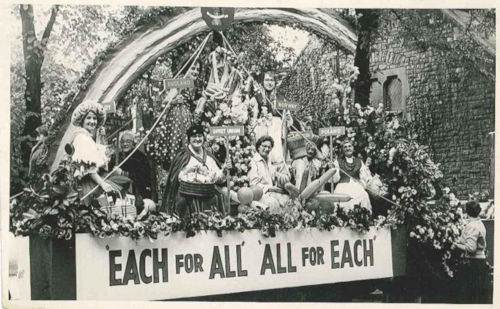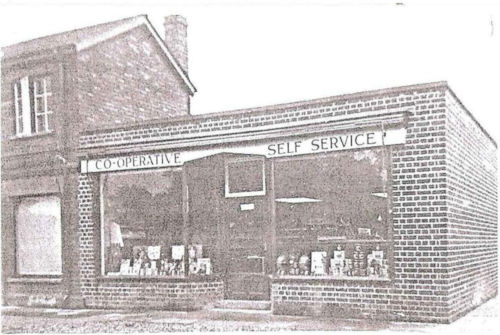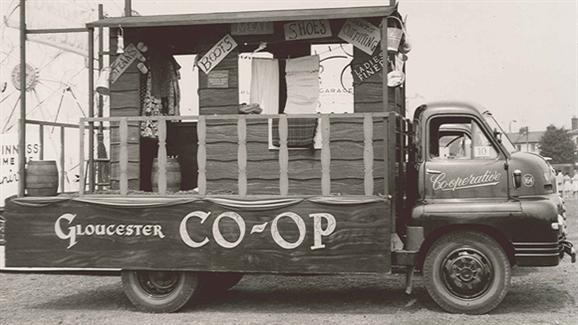The Origins of Midcounties

This article will take approximately 1 minute to read
Published 29 Nov 2018 in Colleagues
Have you ever wondered how Midcounties came to be the largest independent co-operative in the UK?
The idea of co-operatives can be traced back to long before the 19th century, although this is the period most associated with the start of the movement today.
One of Britain's first known consumer co-operatives began in the northern working town of Rochdale in Lancashire by a group who became known as the Rochdale Society of Equitable Pioneers. They established the Rochdale Principles, a set of ideals designed to champion the common good over making money. There were 28 original Pioneers, half of whom were weavers in Lancashire’s infamous cotton mills, the ‘Dark Satanic Mills’ referred to by the poet William Blake in his hymn Jerusalem. They decided to band together to open their own store selling food items they could not otherwise afford.

On 21 December 1844, they opened their first store with a very meagre selection of butter, sugar, flour, oatmeal and a few candles. Within three months, they expanded their selection to include many more goods such as tea and tobacco. They prided themselves on selling quality produce at prices they deemed fair. The profit they made was fed back into the business and any man or woman could become a shareholder for £1. That entitled them to a contribution in return for how much they traded - a dividend. These voluntary 'members' had an equal input in how the Society operated. The co-operative had been born.
The upheaval of the Industrial Revolution and the resulting poverty, unemployment, and social inequality meant that people wanted to find new ways of trading which were mutually beneficial and so the Rochdale example spread rapidly. Just a decade later, Britain was home to almost 1,000 co-operatives, who adopted the Rochdale Principles to suit their particular trade. The model then began to spread worldwide.

In the Midlands by the end of the nineteenth century there were dozens of small co-operatives including the Swindon Society formed in 1853, Gloucester in 1860, Walsall in 1866, Chipping Norton in 1866, Oxford in 1872 and Cinderford in 1874. They then began to merge and the end of the 20th century saw the formation of two major consumer co-operatives, Oxford Swindon and Gloucester and West Midlands. In 2005 they merged to become the Midcounties Co-operative.

Like many co-ops in Britain today, Midcounties continues to trade and operate in-line with the ideals of the Pioneers, tailoring them to suit modern times. This has resulted in the DOES principles of:
Democracy
Openness
Equality
Social Responsibility
Over 150 years later these four principles would still be recognised by the original 28 Pioneers if they were alive today. What would amaze them is how much the movement has grown. In Britain today there are thousands of co-operatives, all member-owned businesses that are worth a staggering £36 billion to the economy. Globally the world’s biggest 300 co-ops have a combined turnover of $2.16 trillion, while co-ops worldwide are owned by 1.2 billion members. They now employ over 280 million people, equivalent to 10% of the world’s workforce.







